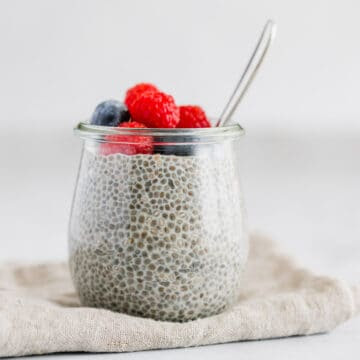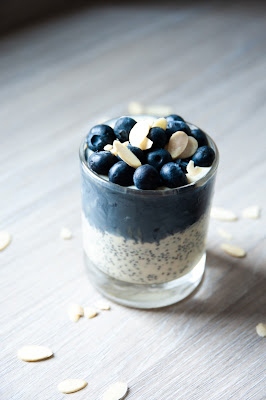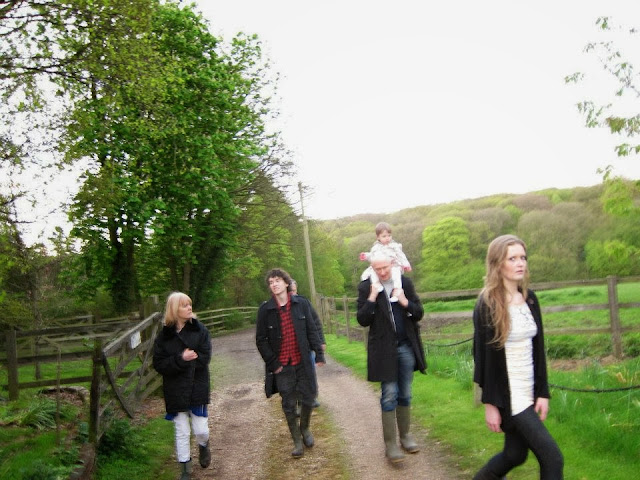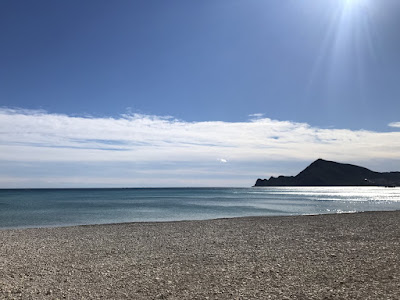We live in a time when immunity is greatly challenged. It
seems we are becoming more sensitive and immune compromised as a result of
pollution, human made chemicals, drugs, toxic foods, electromagnetic
radiation and stress. The over-use of antibiotics has created stress on the gut
immune and various bacteria are now resistant.
As a result we are
being asked to become more immune savvy. We need to learn how best to empower
our immune system and to become wise in how we move through life. The more
intelligent our immune is, the greater the chance to survive and thrive.
Sadly the modern
medical system is designed to fix what is broken and not to cultivate health or
offer ways to strengthen immunity.
Immune challenges are
actually sending us a message that we need to grow stronger as a collective. This means that when we align with good intentions,
when we share wisdom and help each other from love and consciousness, we become
a powerful immune system.
The classic immune definition is that immunity is charged with protecting and defending against anything the body
considers foreign, hostile, damaging or invasive.
Hostile, foreign or damaging could mean bacteria,
viruses, pathogens, allergens, toxins, thoughts, feelings, beliefs and all
kinds of experiences that arise from outside of us.
Let’s look at the goal of a strong
immune system
Protect against all
kinds of harm
Enable us to move
through the world with confidence
Be in a position of
strength
Give us the ability to
fully self express
Help us to be wisely
vigilant and relaxed at the same time
If the immune system is compromised
We become prey to many
hostile pathogens
It is easier to get
sick
We are weakened
We feel constantly on
guard
We have less energy to
do the things we love and reach our potential
We can become afraid to
be in the world
With the constant barrage of confusing messages
about health and nutrition, it is easy to grow apathetic, afraid, jaded and
confused, all of which have a negative effect on the immune.
Immunity is approximately
50% Conscious
50% Unconscious
We can adopt an empowered approach to immunity
which includes
• Accessing our courage, inspiration and positivity in the face of what seems like
incredible odds
• Empowering ourselves with information
• Understanding that our world will never be
perfect, nor will
our health
• Finding little things to enhance and support
the immune
It is important to be aware of our toxic world
but also just as important to learn to live in it, to celebrate it and live
life with joy. Life is a paradox.
It is important to understand that
immunity is built over time.
It is actually a self
learning system which naturally fluctuates and can become compromised quickly.
Our immune can show our weaknesses. It teaches us about our environment and asks
us to listen, act, and fortify.
Our immunity keeps us safe, protects
our health, creates boundaries and negotiates with our environment. It helps us
to become effective humans in the world. In an ideal world, our immune grows
smarter over time which means learning is an ongoing journey.
The gastro intestinal immune is a separate yet
interconnected immune system in the gut. It accounts for 40-70% of total body
immune tissues. It especially handles allergens and food-borne toxins. It
becomes compromised by poor diet, stress, and antibiotics.
In many ways, our parents are our first “immune system”.
They protect us from the outside world along with our home environment. As children we may have needed more protection and this can impact our immunity on
different levels. Our beliefs about the world and about life help to form our
psychic and emotional immune system.
So,
immunity is more than just strengthening one’s metabolism,
taking immune supplements, or doing various
natural immune protocols even though these help a lot
Immunity
is often associated with the idea of a biological war. It is considered the archetype of the warrior. Our immune fortifies, fights, attacks, defends
and is a natural killer.
Many times sensitive
people with low immunity feel vulnerable and need to fortify
themselves against anything that could deplete or cause harm.
In many
ways, the world is like a jungle and our immune system is here to protect us
Immunity is about
examining our life and seeing where we need more
fortification, more courage, more self
protection, more “no”, less
apologizing…
Personal
Power = Metabolic Power
The immune says no to
anything it deems as harmful
For many of us the
challenge to say no in various parts of life is also connected to low immunity.
Can we say no to poor
quality foods, unsupportive social situations or toxic environments?
Can we say no to our
partner, parents, kids, coworkers, or bosses?
Some immune questions
Who or what do I need
to say no to?
Where do I
self attack?
Do I have the courage to be with the fact that
not all people will like me or approve of me?
Do I
believe in my own life, being willing to fight for my health, my dignity, my heart and my soul?
Do I protect myself?
Am I willing to stand
for myself, for others or for a cause?
Low
Immunity often goes together with
Depression
Fatigue
Stress – everyday challenges, toxic thoughts
and beliefs, locked in emotions, speed, fear
There are
many many factors that can compromise immunity.
Some examples are
Surgery,
hospitalization, antibiotics
Drug use
- prescription, recreational, alcohol
Removal of tonsils, thymus, gut tissue, spleen
Over exercise
Lack of sun
Lack of nature
Environmental factors that affect immunity
Animals, household
chemicals, body care products, air quality,
EMFs, workplace toxins, mold
Foreign
travel
Weather, seasons
“Cleanliness”
Vaccinations
Heavy
metal exposure
Dietary
Factors that affect immunity
Overall
poor quality diet
Food allergies
Excess sugar
Excess caffeine
Poor quality animal and dairy foods
GMO foods
Poor quality water
Chronic dieting
Long term restrictive diets
Damaging cleanse or
fasting program
Low probiotic diet
Stress state eating
Not eating with the seasons
Poor eating rhythm
Chronic over eating
Pyschological
Factors that compromise immunity
Self attack and judgement
Toxic nutritional beliefs
Relationship
challenges
Any way we make ourselves “small” or “less than”
Money concerns
Unexamined anger, rage, resentment, judgment
The feeling of “not belonging”
Belief
that “I am unlovable as I am”
Some simple things we can do to support our
immune
Enjoy a plant based
diet – seasonal, local, home grown, organic foods - include fermented and fresh herbs
Spend time in nature everyday
Spend time in the sun
Slow down – slow
eating, slow breathing, slow driving, slow walking, slow parenting..
Experiment with
different cold water therapies
Use air purifiers and
water filters - have plants in the home
Use essential oils –
lavender, eucalyptus, tea tree
Use supplements wisely
Exercise moderately
Get enough sleep even a
nap
Have fun and marvel at
our beautiful world
Be kind to the self and
to others
Work together to create
a loving, conscious world
Thank you to Marc David and The Institute for the Psychology of Eating from where this information is based

















